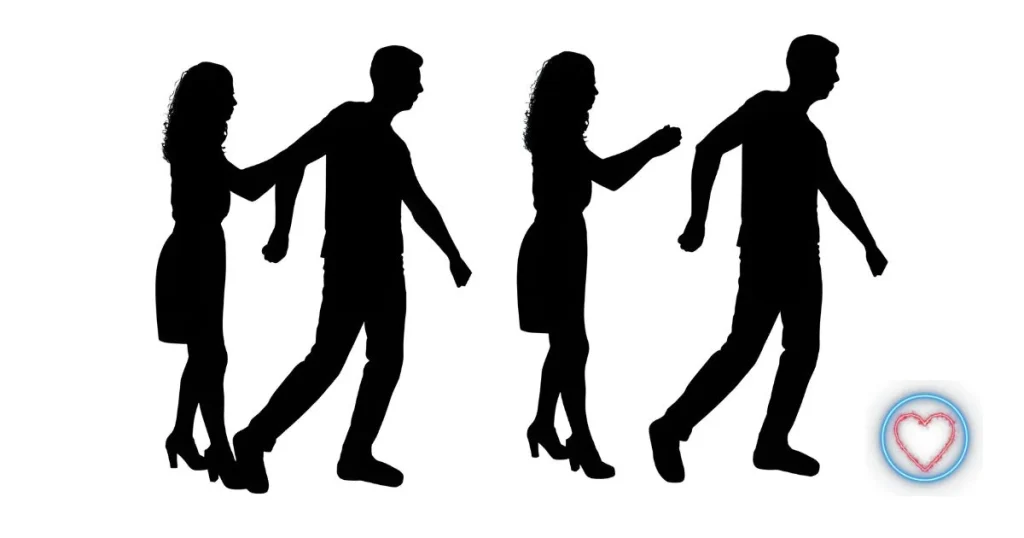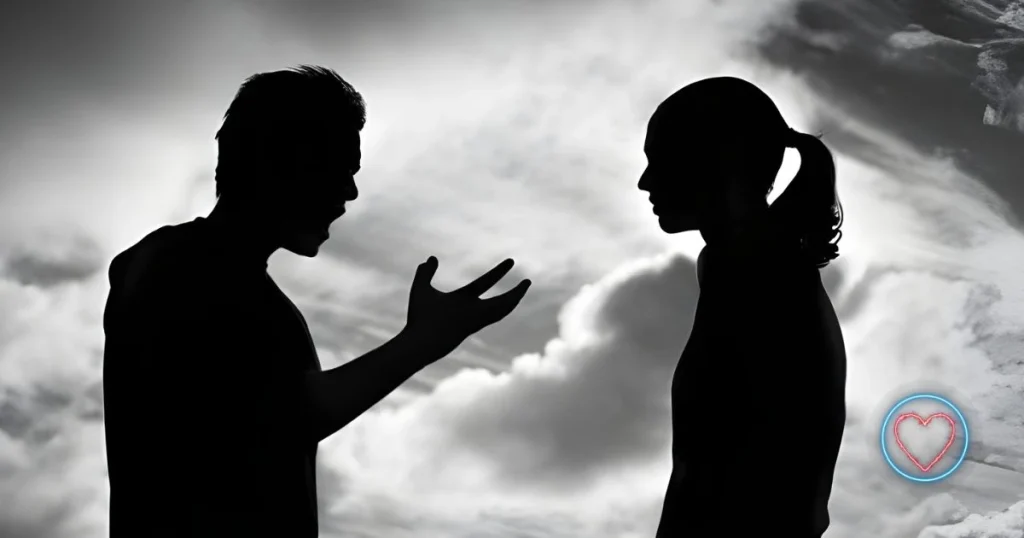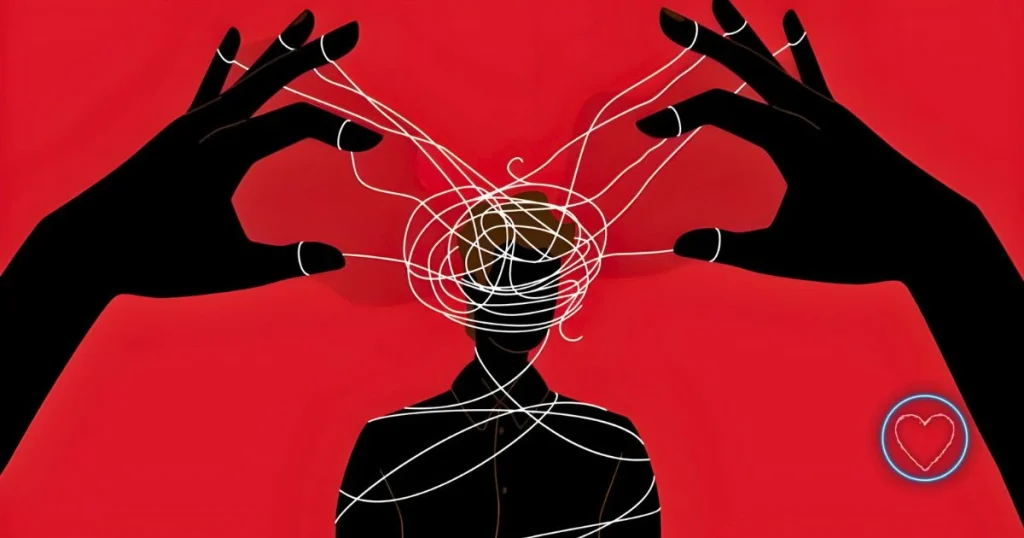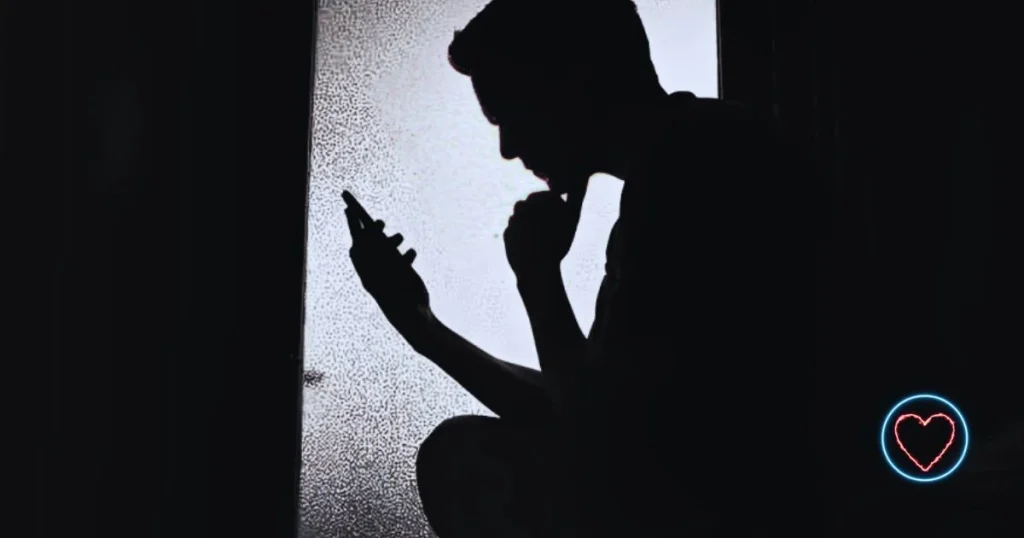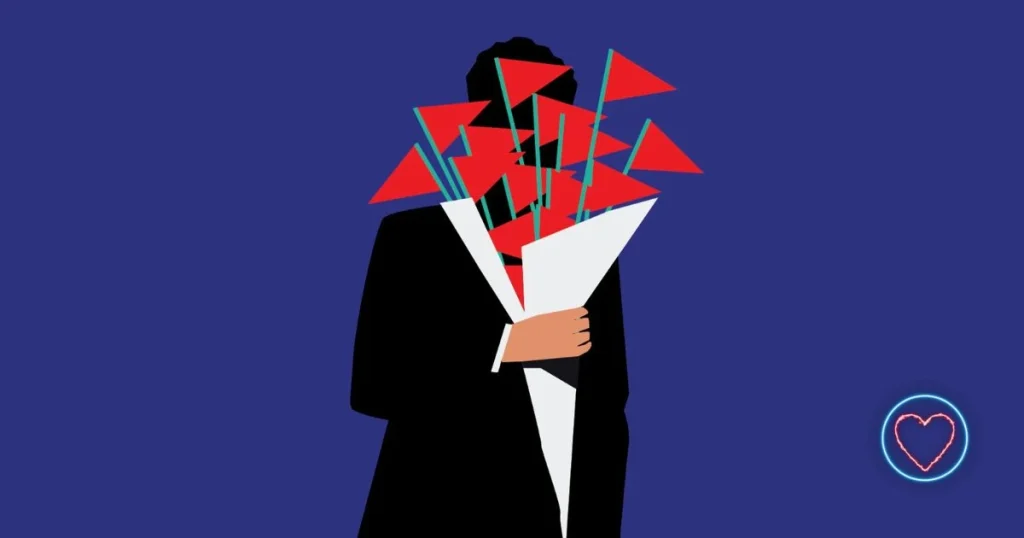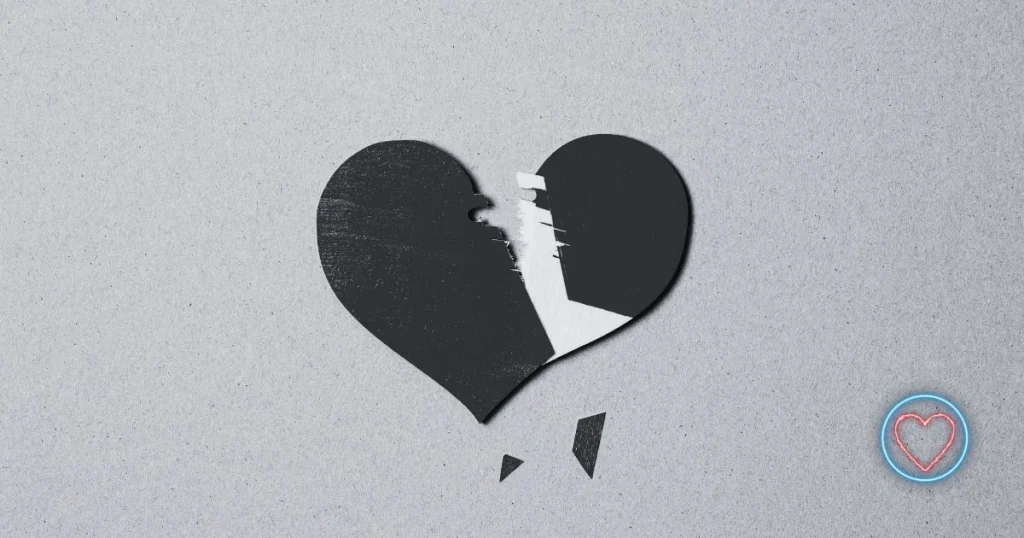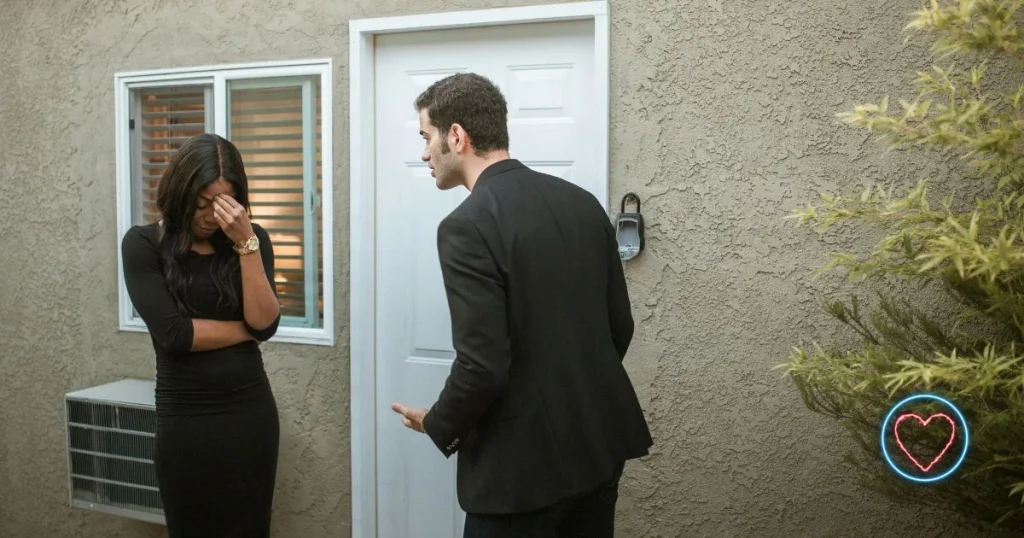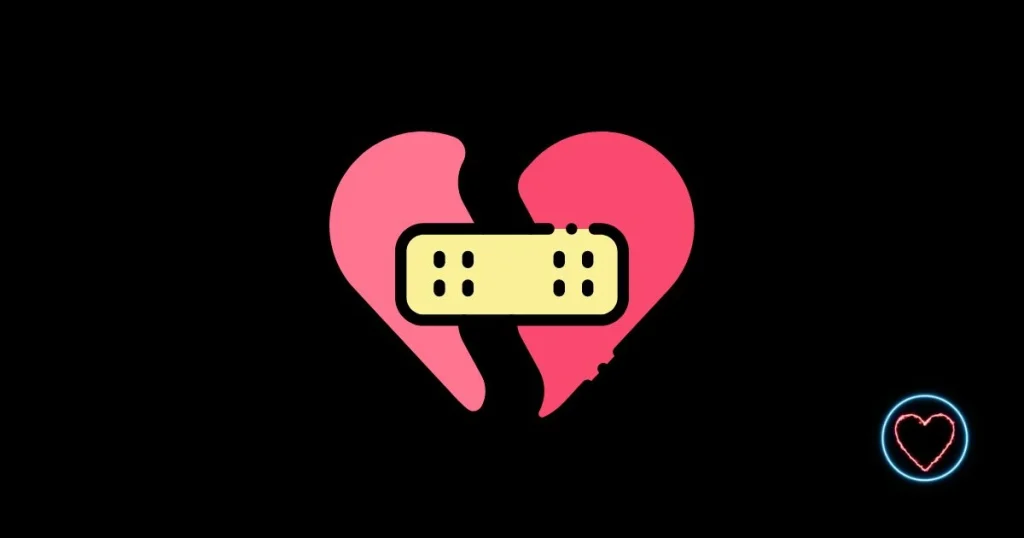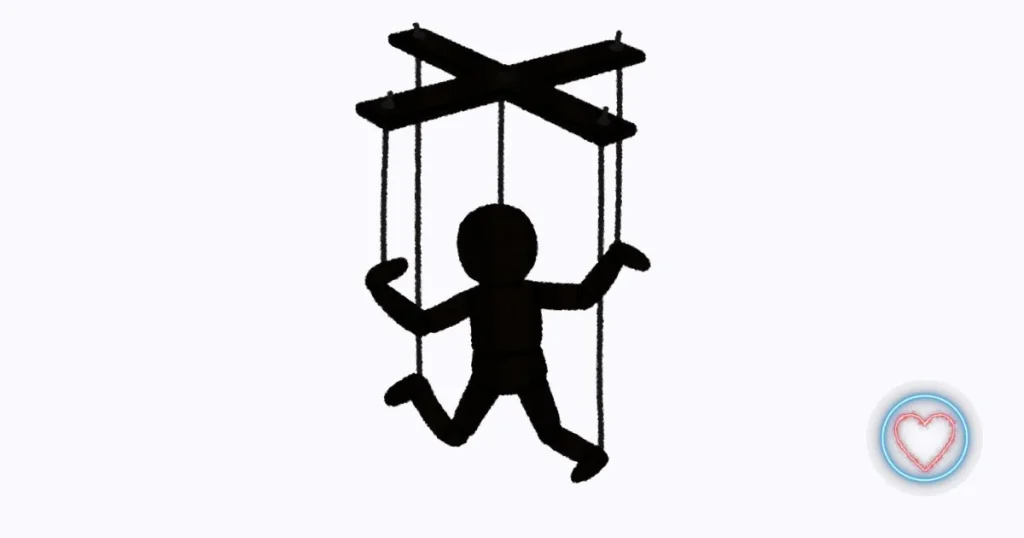Emotional availability is essential for a healthy, trusting, and deep romantic relationship. It allows partners to share feelings openly, empathize, and grow together. However, sometimes a partner may be emotionally unavailable. This means they struggle or refuse to connect emotionally, which can lead to distance, frustration, and dissatisfaction.
If you suspect your partner may be emotionally unavailable, it’s important to understand the signs. Emotional unavailability is not always obvious at first. Sometimes, it hides behind charm, busyness, or avoidance. Recognizing these signs early can help you decide how to move forward—whether that means addressing issues together or protecting your emotional well-being.
In this article, we’ll explore 15 clear signs that your partner is emotionally unavailable.
1. They Avoid Deep Conversations
One of the most noticeable signs of emotional unavailability is an unwillingness to engage in meaningful conversations. If your partner consistently changes the subject when topics get personal or avoids discussing feelings, it could mean they are shutting down emotionally.
They may keep conversations superficial and steer away from anything that requires vulnerability.
2. They Struggle to Express Their Feelings
Emotionally unavailable partners find it difficult to articulate their emotions. They might give vague answers like “I’m fine” or “Nothing’s wrong” even when something clearly is.
This lack of emotional expression creates distance, leaving you feeling unsure about where you stand with them.
3. They Are Often Distant or Withdrawn
Emotional unavailability often shows up as physical or emotional withdrawal. Your partner may seem distant, even when you’re spending time together.
They might avoid eye contact, seem preoccupied, or pull away when conversations get too personal or intense.
4. They Have a History of Short or Unstable Relationships
A pattern of brief or unstable relationships can indicate emotional unavailability. If your partner frequently jumps from one relationship to another without deep connection, it may suggest they avoid emotional intimacy.
This pattern can be a defense mechanism to avoid getting hurt.
5. They Are Reluctant to Commit
A reluctance to commit or define the relationship is a classic sign of emotional unavailability. If your partner avoids labels, future planning, or conversations about where your relationship is headed, they may be keeping you at an emotional arm’s length.
This behavior can cause insecurity and confusion.
6. They Don’t Make Time for You Emotionally
Even if your partner spends time with you physically, emotional unavailability means they don’t make space to connect on a deeper level. They may seem distracted or disinterested when you try to share feelings or problems.
This lack of emotional presence can leave you feeling lonely in the relationship.
7. They Avoid Vulnerability at All Costs
Emotional unavailability means a fear of vulnerability. Your partner might avoid sharing personal stories, fears, or insecurities.
They keep walls up to protect themselves from potential emotional pain, but this also blocks intimacy.
8. They Are Defensive or Dismissive About Your Feelings
When you express your emotions, an emotionally unavailable partner might respond with defensiveness, dismissal, or indifference.
Instead of validating your feelings, they may tell you to “get over it” or suggest you’re overreacting, which shuts down communication.
9. They Are Often Secretive or Guarded
Emotional unavailability often goes hand in hand with secrecy. Your partner may withhold important information or avoid sharing details about their life, friends, or past.
This guardedness makes it hard to build trust and closeness.
10. They Focus More on Physical or Surface-Level Connection
Sometimes, emotionally unavailable partners focus on physical intimacy but avoid emotional intimacy. Sex or casual outings might replace deep conversations or emotional bonding.
While physical connection can be important, it can’t substitute for emotional closeness in a healthy relationship.
11. They Get Easily Overwhelmed by Emotional Topics
Emotionally unavailable people often feel uncomfortable or overwhelmed when emotional issues arise. They might shut down, leave the room, or change the subject.
Their inability to regulate emotions during these moments can signal a lack of emotional readiness.
12. They Prioritize Independence to an Extreme Degree
While independence is healthy, emotionally unavailable partners may prioritize it excessively. They might resist relying on you or sharing responsibilities, fearing emotional dependence.
This extreme need for autonomy often masks a fear of intimacy.
13. They Don’t Show Empathy or Understanding
An emotionally unavailable partner may struggle to empathize with your feelings. They might seem indifferent to your struggles or fail to offer comfort when you need it.
This lack of empathy can make you feel isolated or unsupported.
14. They Avoid Making Future Plans Together
If your partner consistently avoids planning for the future—whether it’s trips, holidays, or long-term goals—it might indicate emotional unavailability.
Avoiding future planning can mean they’re unwilling to invest emotionally in the relationship’s long-term success.
15. They Seem Comfortable Keeping You at a Distance
Finally, an emotionally unavailable partner often keeps you at an emotional distance, consciously or unconsciously.
They may have a pattern of keeping relationships “casual” or “light,” resisting deeper connection or emotional commitment.
Why Emotional Unavailability Hurts Relationships
When one partner is emotionally unavailable, the relationship often suffers. Emotional unavailability creates a barrier to genuine intimacy and trust. Over time, this can cause frustration, loneliness, and even resentment.
Moreover, emotional unavailability can trigger feelings of rejection and self-doubt in the emotionally available partner, leading to an unhealthy dynamic.
What to Do If Your Partner Is Emotionally Unavailable
Recognizing emotional unavailability is the first step. Here are some ways to address it:
- Communicate Your Needs Clearly: Let your partner know you want more emotional connection.
- Set Boundaries: Protect your emotional health by setting limits on what you will tolerate.
- Encourage Professional Help: Suggest therapy or counseling if your partner is open to it.
- Focus on Self-Care: Prioritize your own emotional well-being.
- Consider Your Future: If emotional unavailability persists and causes distress, think about whether this relationship is right for you.
Conclusion
Emotional unavailability can be painful and confusing, but understanding the signs helps you gain clarity. The 15 signs outlined here serve as a guide to recognize if your partner struggles to connect emotionally.
Remember, a healthy relationship requires both partners to be willing and able to engage emotionally. If your partner is emotionally unavailable, you deserve to know so you can make informed choices about your emotional health and happiness.

